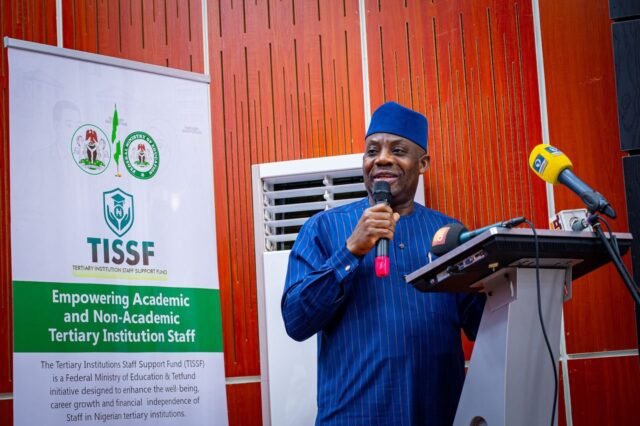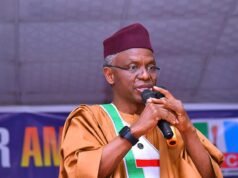Paulǝinus Chijioke, a professor of Technical Education and current Executive Secretary of the National Commission for Colleges of Education (NCCE), insists that the dignity of teachers in Nigeria will soon be restored. In a detailed conversation, he laid out the reforms underway—especially the new “dual mandate” law enabling certain colleges of education to offer degree programmes alongside the Nigerian Certificate in Education (NCE), effective from the 2025/2026 academic session. The move, he argues, is not just about expanding programmes—it’s about reshaping professional respect, raising standards, and closing long-standing gaps.
Chijioke traces the journey: for over thirty years, colleges of education focused exclusively on NCE training. Under an amended law in 2023, many of these institutions are now empowered to run degree-level education directly, rather than relying only on external university affiliations. He reveals that 18 colleges have been selected as pilots—based on verified capacity, human resources, and facilities—to implement this dual mode. The goal is to use existing strengths (both academic staff and infrastructure) more fully. Where colleges had been sending students for degree conversion through partner universities, those students will now be able to stay put, making the path more direct.
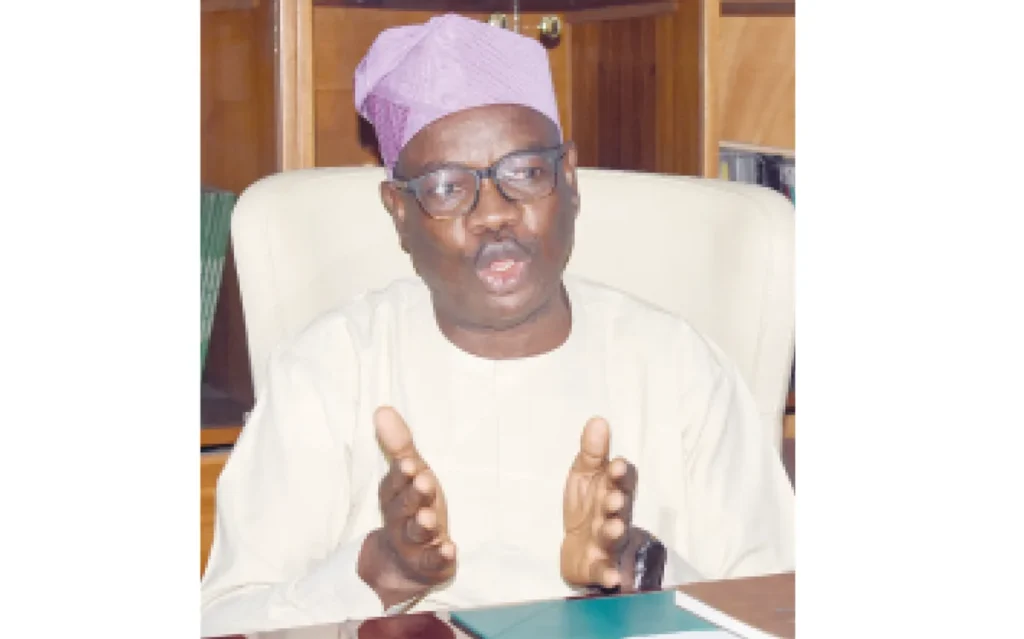
Table of Contents
Equal Footing for Degree Holders, Tackling Discrimination
One of the most sensitive issues in this reform is longstanding discrimination against degrees awarded by colleges of education compared with those from universities. Chijioke acknowledges this disparity and stresses that the new law seeks to erase it. He affirms that “there will be no discrimination between degree holders from colleges and polytechnics.” The framework includes legal and regulatory provisions intended to guarantee equal recognition for these graduates.
In practical terms, this means revising the appointment systems, employment advertisement criteria, and public service requirements so that degree-holders from colleges of education are considered on par with their university counterparts. Chijioke cites recent discussions with lawmakers, including the Chair of the House Committee on College Education, as evidence of political will to support that equal treatment. Drawing parallels, he mentions the recognition process that ensured parity between WAEC and NECO results as a model for what is expected in teacher education.
To buttress credibility, the colleges selected for the pilot already had experience running degree programmes in affiliation with universities. They were resource verified and accredited by the National Universities Commission, demonstrating that they meet baseline quality standards. In time, Chijioke says, full professors will work within these colleges, a change that has been rare under the old regime
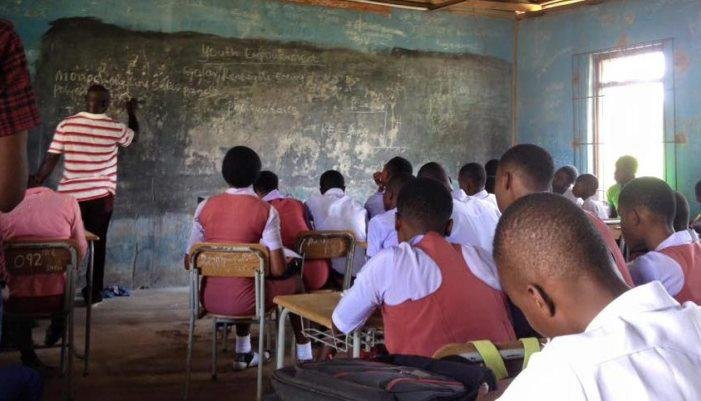
Improving Teacher Quality & Capacity Building
Beyond structural reform, Chijioke spoke on ensuring the quality of teacher training not just meets but competes with global standards. He noted: many colleges already host lecturers with advanced degrees, including PhDs, and have made investments (through TETFund and similar channels) in physical infrastructure. Where facilities have been under-utilised in the old system, the dual mandate aims to allow fuller deployment of these resources.
Curriculum reviews are in motion. The Nigerian Educational Research and Development Council (NERDC) has rolled out new basic education curricula; secondary level revisions are nearing completion. Particular focus is on introducing subjects from modern curricula, adopting new instructional delivery approaches (including blended learning coloured by the lessons of COVID-19), and strengthening teaching practice, which colleges, in his view, conduct with an intensity and pedagogic rigour not always mirrored in universities.
Meanwhile, the NCCE is intensifying oversight: accreditation, monitoring, evaluation of teacher training, and crackdowns on unlawful awarding of certificates are part of the quality assurance package. There’s also a drive to improve the welfare of lecturers: many remain on paths to upgrade their qualifications; some abandoned projects at the Commission’s offices are being revived, and staff retirement age policy has been aligned to 65 years for teachers under the federal civil service.
Barriers, Incentives, & the Road Ahead
Of course, restoring teacher dignity is not all legislative change—it demands incentives, state cooperation, and funding. Chijioke does not pretend these are minor challenges. He reminds us that education is under the “concurrent list,” meaning state governments play a key role in implementation, particularly for colleges they own. He notes that while the federal government can legislate, enforce policy, and provide subsidies, states must buy in. Some states, he observes, have hesitated on costs—whether paying enhanced allowances, implementing minimum wage increases, or rehabilitating infrastructure.
Funding remains a crucial concern. The NCCE’s supervisory, regulatory, and inspection duties rely heavily on sufficient budgetary allocations. Accreditation and resource verification processes require mobility and tools; abandoned or deferred infrastructure development harms morale and perception. Still, Chijioke believes motivation is building among stakeholders. With active engagement of state governments, revival of approved incentives (especially those for rural teachers and scholarship programmes), and visible improvements in teachers’ status and pay, the profession could attract more of Nigeria’s top students.
In terms of milestones, Chijioke asserts that industrial harmony has improved in the colleges: previous friction between management, unions, and governing bodies is being addressed via more coordinated structures. Also, he notes that increased scholarship for lecturers to pursue higher degrees has already begun in earnest—over a thousand are currently upgrading. The pilot colleges, those 18 selected, have enough staff already to run degree programmes.
He paints a confident forecast: as the pilot phase takes off in the 2025/2026 session, benefits will become tangible. Teachers educated under the dual mode, graduates with new degrees, fewer bottlenecks for students moving from NCE to degree, and diminished stigma around “non-university degrees” will gradually shift public perception. That, he argues, is how dignity will be restored—through policy, recognition, professional respect, and fair reward.
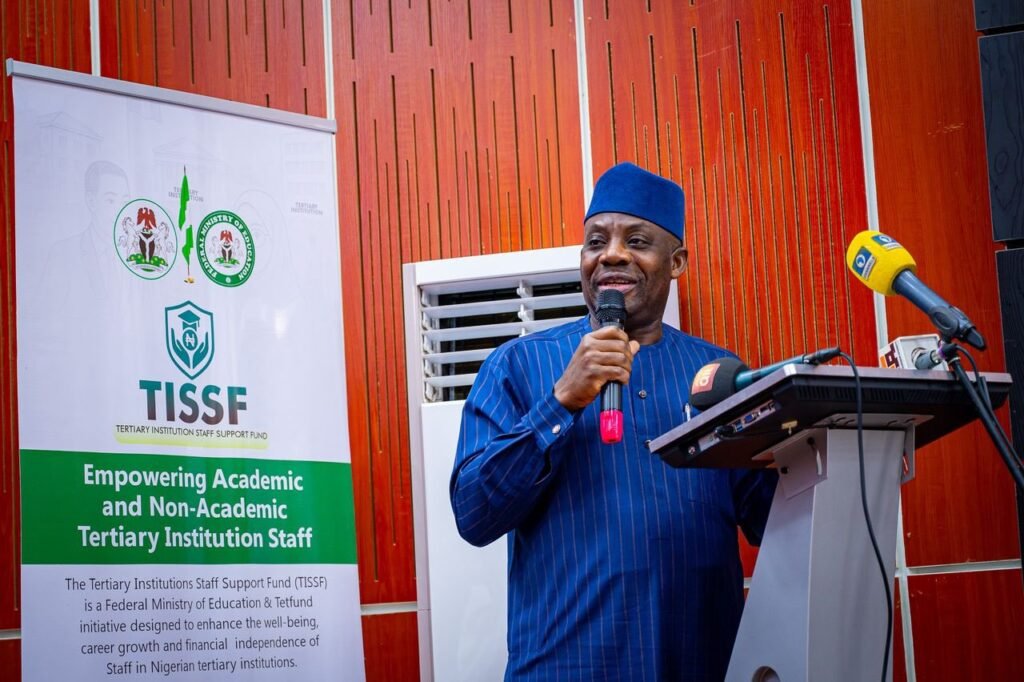
Conclusion
Professor Chijioke’s message is both practical and aspirational. The dual mandate is more than a reform—it is a statement: teacher education in Nigeria is due for renewal; teachers are due for respect. With legal backing, appropriate incentives, state cooperation, and investment in quality, he believes that dignity once sidelined will be reclaimed.
If these plans are fully realised, Nigeria will not only be producing more teachers with better credentials—but it will be doing so in a system that honours them, values their contribution, and restores teaching to the profession it is meant to be.
Join Our Social Media Channels:
WhatsApp: NaijaEyes
Facebook: NaijaEyes
Twitter: NaijaEyes
Instagram: NaijaEyes
TikTok: NaijaEyes
READ THE LATEST EDUCATION NEWS


